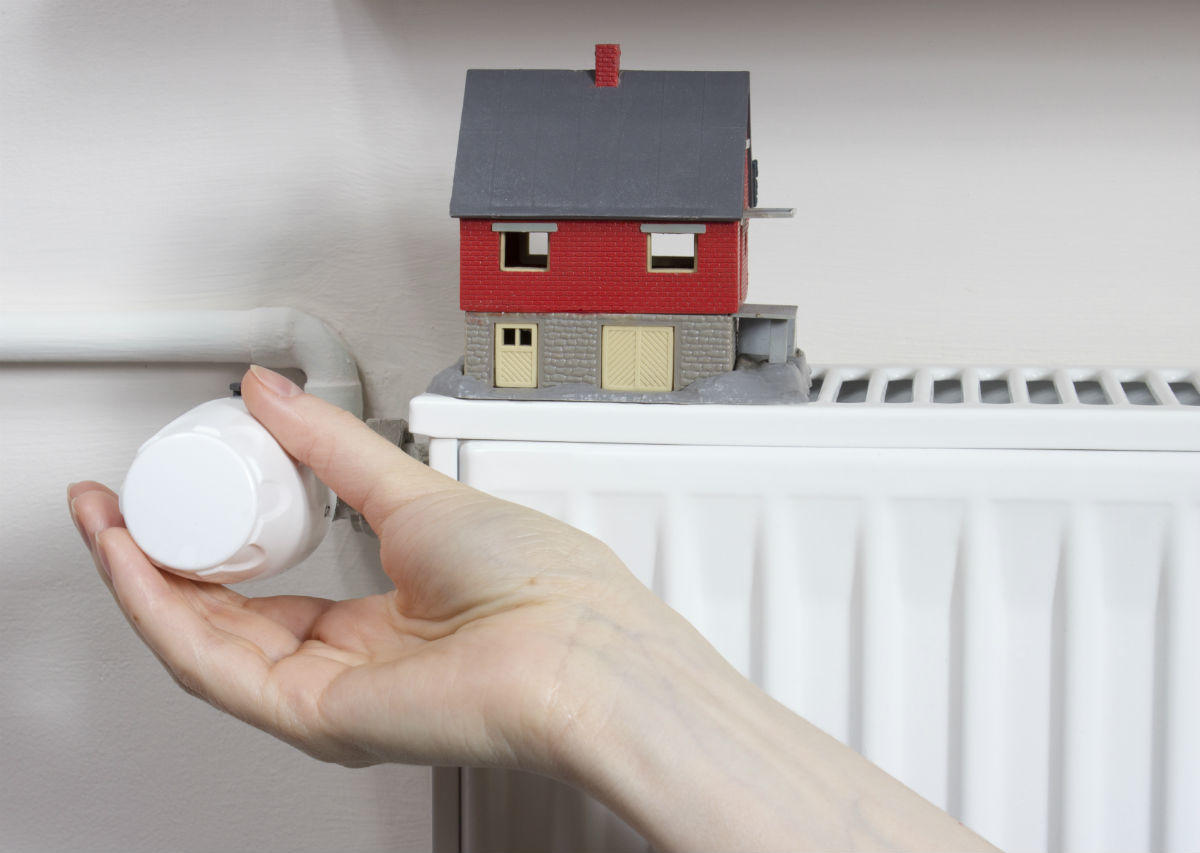May 20, 2016

Geothermal heaters are an environmentally friendly and efficient option available to homeowners.
There are a number of choices to consider when choosing the best HVAC system for your home. HVAC systems are installed based on the requirements of your home – either stand-alone or in combination with gas furnace heaters or electric heaters. Geothermal heating systems are an environmentally friendly and efficient option available to homeowners.
What are Geothermal Heaters?
Geothermal heaters use naturally available heat inside the earth to heat up a living space. Using electricity to run, geothermal heaters have three or four parts, comprising of a heat-generating loop, an indoor unit, and the ductwork. A four-piece heater has an additional air handler.
Types of Geothermal Heater
There are two types of geothermal heaters, which vary on the type of heat exchanging ground loops.
- Water source geothermal heaters – This type of heater makes use of water pumps and refrigerant-to-water heat exchangers and tubing that is buried into the ground to extract the earth’s heat.
- Geoexchange heaters – These heaters use copper-based refrigerant tubing by directly attaching them to the ground, for more efficient heat transfer.
Both these types of geothermal heaters are dependable and use electricity. However, the direct geo-exchange heaters prove to be more efficient in the long run because they require a smaller heat exchanger loop field.
Geothermal Heating for Your Home
Consult with an experienced and trained St. Louis heating expert to give an evaluation of your home and determine which kind of heating system will work best for your home. Geothermal heaters may work very well in some locations and only one heater would suffice year-round. In colder climates, geothermal heaters can be used in tandem with a gas furnace or an electrical heating system.
Durability, Energy Efficiency, and Longevity
Geothermal heaters last longer than conventional air source heating systems. Geothermal heating systems that have fixed underground loops can have a life span of about 50 years for the looping fixtures and a life span of about 20 years for the heating system itself. As compared to the 15-year lifespan of conventional heaters, this longevity turns out to be cost-efficient as well as energy-efficient.
